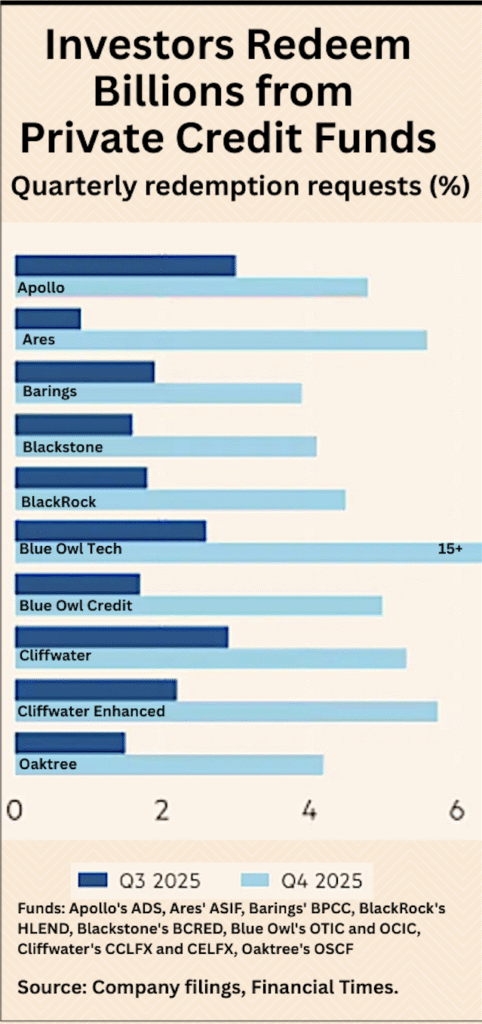
RIJ Launches the 401(k) Income Research Center
RIJ intends to give plan sponsors, plan advisors, retirement plan service providers and others an up-to-date, easy-to-access source of curated information and competitive intelligence on products and processes that can help 401(k) participants turn their savings into income.




